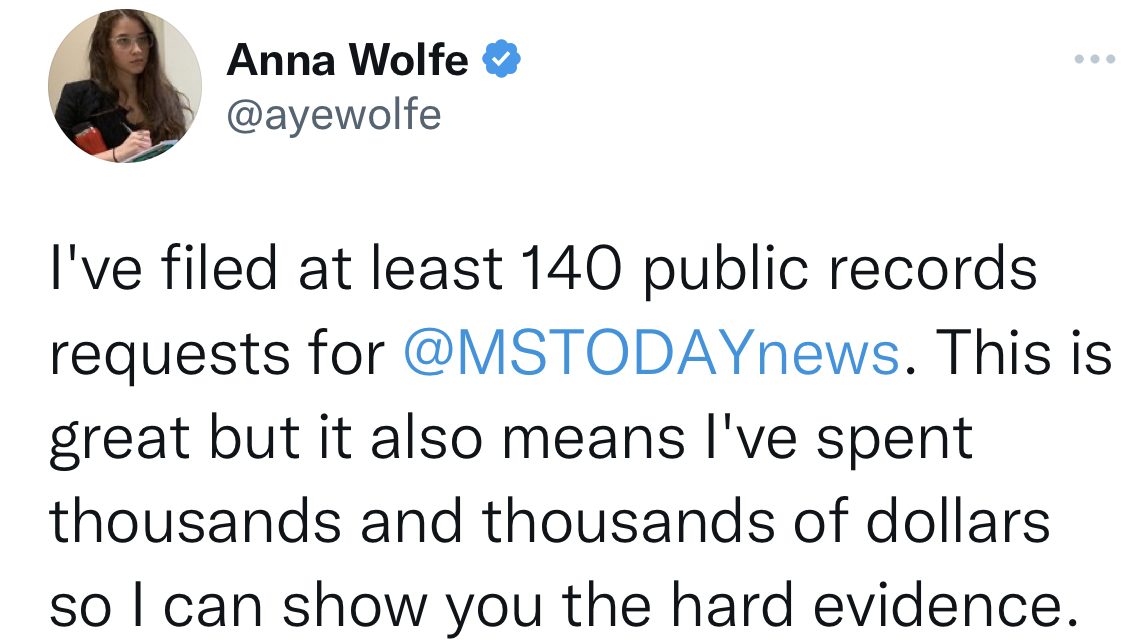Attorneys interrogated former NFL quarterback Brett Favre about his involvement in the Mississippi welfare scandal for about eight hours Monday.
The questions centered on how Favre lobbied welfare officials for federal grant funds to support the construction of a volleyball stadium at University of Southern Mississippi and a pharmaceutical startup company in which the athlete was investing.
The scheduled deposition, which happened in Hattiesburg, relates to the ongoing civil lawsuit, not criminal proceedings. Favre is one of 47 defendants in a civil case that the Mississippi Department of Human Services, the state’s safety net agency, filed in an attempt to recoup $77 million in misspent or stolen welfare funds.
Much of the state’s case rests on text messages between officials and Favre, which lawyers say demonstrate that Favre knew the funds were supposed to serve the needy and that there were federal restrictions for using the money to erect buildings. Favre also personally received $1.1 million from the public agency, which officials funneled through two payments from a private nonprofit in 2017 and 2018, to cut radio ads for the state’s anti-poverty initiative.
“Will the public perception be that I became a spokesperson for various state funded shelters, schools, homes etc….. And was compensated with state money? Or can we keep this confidential,” Favre texted the nonprofit operator, Nancy New, who channeled the funds to Favre’s projects.
Favre has since returned the $1.1 million. In the past, Favre has argued it’s unreasonable that he would have known such a deal was illegal or unethical since multiple lawyers, state employees and public officials – all the way up to former Gov. Phil Bryant – were on board with it. New alleged in a 2022 court filing that Bryant directed her to pay the money to Favre. Bryant has denied any involvement in the deals to use welfare money for Favre’s volleyball or pharmaceutical projects.
“The agreement (that funded the volleyball stadium) was reviewed and approved by the Attorney General, who recommended that the IHL Board of Trustees approve it, which they did,” reads Favre’s unsuccessful motion to dismiss the civil suit. “The IHL Board of Trustees expressly noted that MCEC’s funding was via a block grant from MDHS. The Governor was aware of the source of the funding and supported it. Following final approval, Southern Miss publicly announced the plans for the State-owned Wellness Center and lauded MCEC’s support for the project. Not one public Mississippi official or lawyer expressed any objection to or concern about the funding and plan.”
While the state has held some people accountable for the expenditure — New’s son Zach New, for instance, pleaded guilty to a felony fraud charge related to the expenditure and the civil suit targets two lawyers, Jacob Black and Garrig Shields, for their involvement — Bryant has not faced any civil or criminal charges.
Bryant heavily touted the initiative, called Families First for Mississippi, that welfare officials used to justify most of the purchases that auditors and attorneys are now scrutinizing. New and the former welfare director Bryant appointed, John Davis, have pleaded guilty to several state and federal charges and are awaiting what could be years-long prison sentences.



